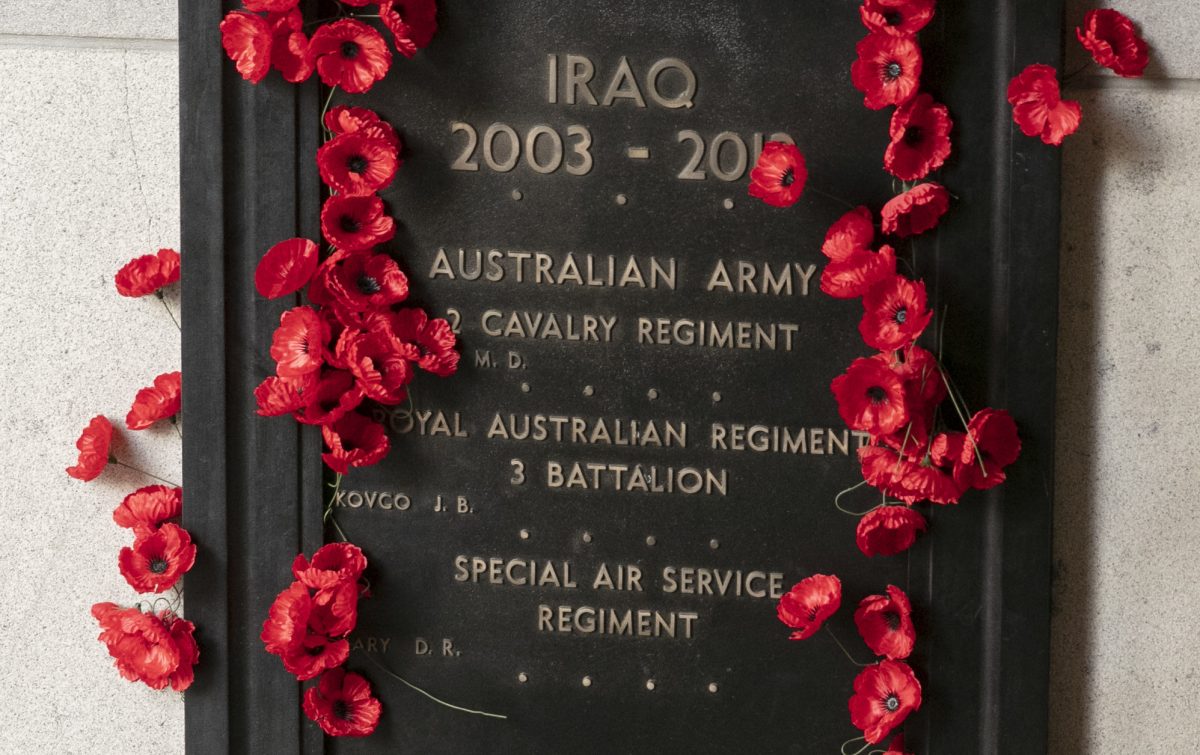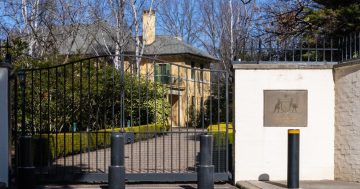
Prime Minister Anthony Albanese says Australians deserve to know why the nation joined the Iraq war. Photo: Adam Kropinski-Myers (AWM).
Anthony Albanese insists Australians have the right to know why the Howard government committed the nation to the US-led invasion of Iraq two decades ago, and he wants to know why documents revealing the decision process were not released when they were supposed to be.
The Prime Minister has ordered an investigation into the failure of the Morrison government to hand over all of the 2003 cabinet documents to the National Archives of Australia.
Confidentiality for cabinet documents expires 20 years after they were recorded and are released publicly through the National Archives.
The federal government of the day is meant to hand over the documents to the archives three years before confidentiality expires for review by the Archives.
But when the 2003 cabinet documents were delivered to the Archives three years ago, while Scott Morrison was prime minister, in anticipation of their public release on 1 January this year, there was scant information about the decision to join the Iraq war.
Cabinet’s national security committee documents are not exempt from public release. The 2003 pile was expected to contain valuable insights into why and how Mr Howard committed Australia to the war.
However, the papers handed over to the Archives only referenced oral reports from the then-prime minister to cabinet.
When additional documents were ‘discovered’ on 19 December 2023, they were immediately transferred to the Archives. The Department of Prime Minister and Cabinet suggested there was an administrative error in 2020.
“The 2020 transfer of a small number of additional 2003 cabinet records did not take place as it should have due to apparent administrative oversights by the department [PM&C], the Archives and security agencies,” the department said in a statement.
“These oversights were likely as a result of COVID-19 disruptions at the time.
“The additional records were located by the department on 19 December 2023, and the department and the Archives jointly inspected the records on 22 December 2023.
“These additional records have now been transferred to the Archives.
“The Archives will review the additional records in consultation with relevant agencies, including security agencies, to ensure content released is compliant with exemptions in the Archives Act 1983.”
PM&C secretary Glyn Davis has appointed former head of Defence, DFAT and security agencies Dennis Richardson to independently review the 2020 transfer process.
Mr Richardson will complete his review by the end of January this year.
On Wednesday (3 January), the Prime Minister said he wanted some answers as to why the documents were initially withheld.
“It’s clear that there were some cabinet records missing from that transfer from the [Morrison] government,” Mr Albanese said.
“Some 78 Cabinet records were not transferred to the National Archives.
“The public service have now, within days of being notified of that, provided the remaining documents to the Archives … Let me make it very clear what my government’s position is: Australians have a right to know the basis upon which Australia went to war in Iraq.
“Australians lost their lives during that conflict and we know that some of the stated reasons for going to war were not correct in terms of the weapons of mass destruction that was alleged Iraq had at that time.
“Australians do have a right to know what the decision-making process was, and my government believes that this mistake must be corrected, that the National Archives of Australia should release all the documentation that has been provided to them, having account for any national security issues, of course, upon the advice of the national security agencies.
“But there is no reason why these documentations should be, with the exception of putting people in danger, should be not released in a transparent way.
“We have asked that this occur, and if this doesn’t occur, we’ll look at whether the government needs to take further action to ensure that there’s transparency here because Australians do deserve to know the basis upon which the decision was made to send Australia to war.
“We know at that time, this was an issue which did not have bipartisan support. Simon Crean made the courageous decision, and the tremendous speech, when he saw off our troops here in Sydney, of saying that we always support our troops, but we did not support the decision at that time.”
Original Article published by Chris Johnson on Riotact.





